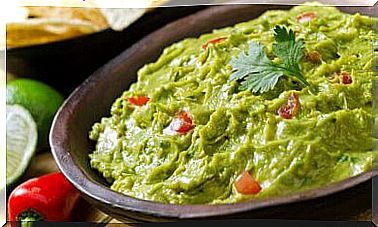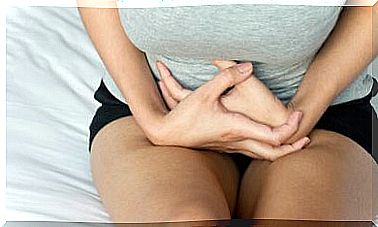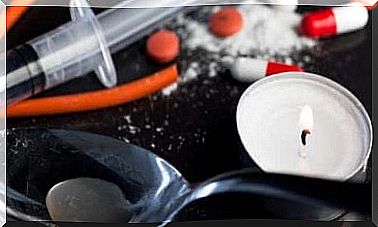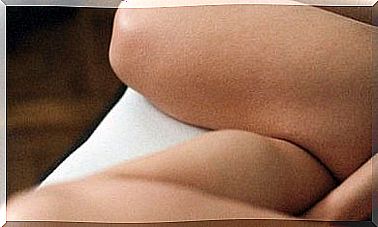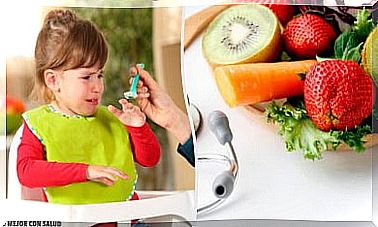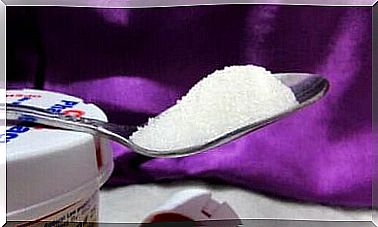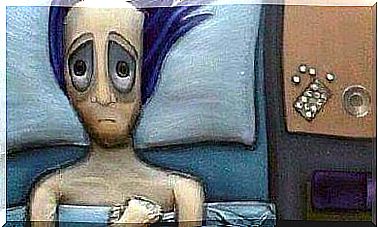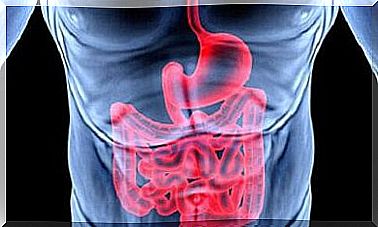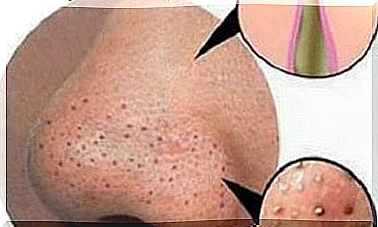9 Harmful Foods You Should Avoid
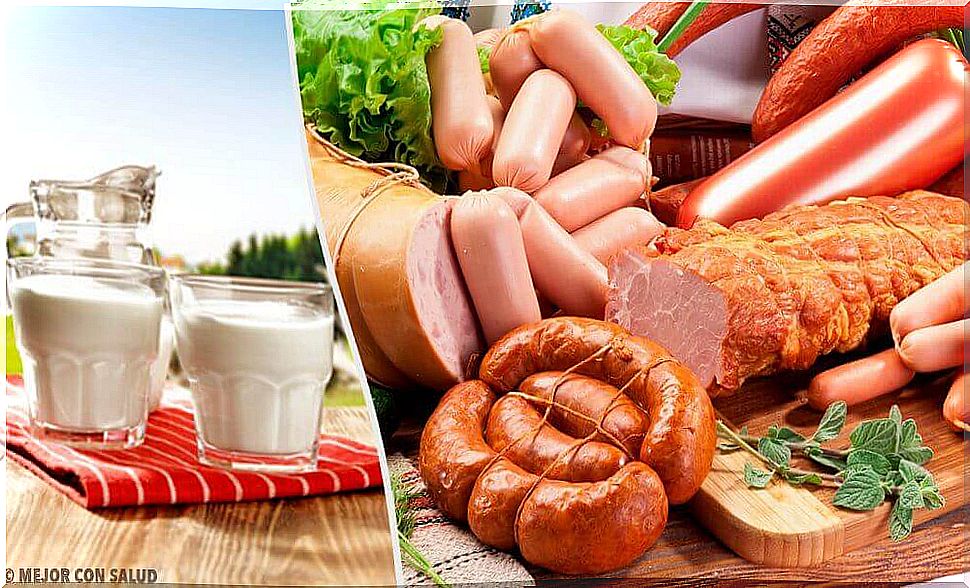
Sometimes certain foods that we think are healthy are much more harmful than we think. Below we discuss 9 harmful foods that food experts say should be avoided and why.
The best thing is that you don’t eat these harmful foods. If that’s not possible, then you should at least try to find healthier alternatives to these harmful foods.
What’s clear is that research has shown that many “healthy” foods come with hidden risks that we never thought of.
9 harmful foods you should avoid
1. Raw oysters
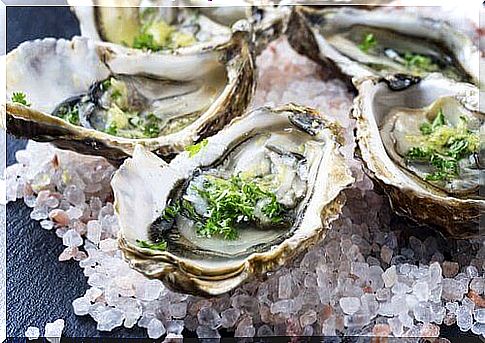
According to food safety experts, you should be careful when eating raw seafood. This is due to the rising temperatures of the oceans, which make these products the perfect breeding ground for bacteria. Something can also go wrong during storage and transport, causing food spoilage
This is how you should eat them
It is best to eat cooked oysters. A good option that doesn’t take away from their taste is to cook them briefly and eat them with a spicy sauce. You will see that they are just as tasty.
2. Freshly squeezed juice bought at a street stand
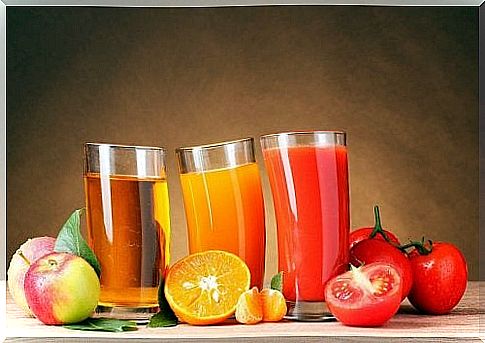
While you might think the opposite is true, freshly squeezed juice (especially when bought from a street stand on vacation abroad) can be contaminated with viruses, bacteria, and parasites. The risks outweigh the benefits.
Replacement
Make the juice yourself. If you’re craving juice and on the go, opt for the pasteurized kind. If you’re looking for vitamins, eat fruit.
3. Undercooked meat
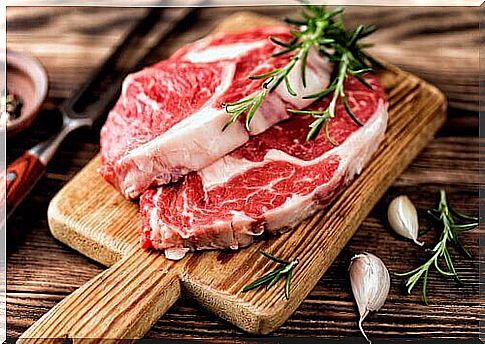
Undercooked meat is a major problem. To kill E. coli and Salmonella, the internal temperature of the meat must reach at least 72°C.
Replacement
Meat that has been sufficiently heated.
4. Sprouts
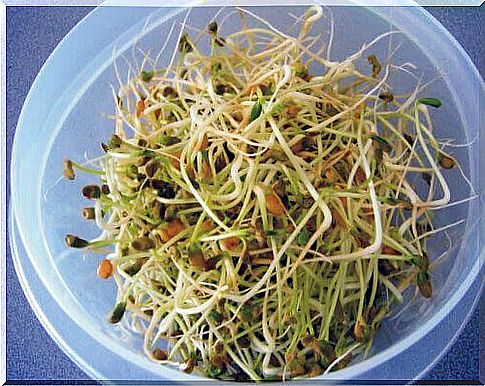
E. coli and Salmonella are more common than you think. Healthy sprouted grains don’t need chemicals.
Replacement
Opt for sprouted wheat kernels or alfalfa grown naturally or with raw seeds. You can also opt for flaxseed, pumpkin and sunflower seeds as they are just as beneficial.
5. Raw Milk
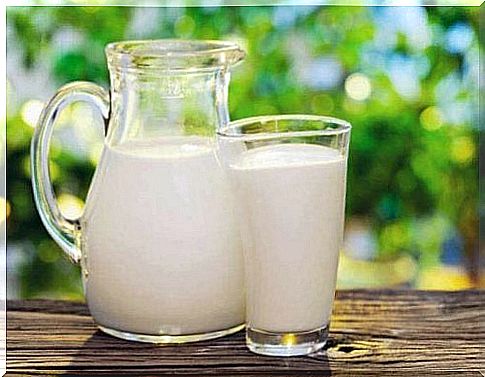
The conditions under which raw milk is obtained are not exactly sterile. In addition, there is a high risk of bacterial and viral contamination. The only way to kill them is to boil milk.
Replacement
Boil or pasteurize the milk or buy it from the store where this has already been done.
6. Home-caught freshwater fish
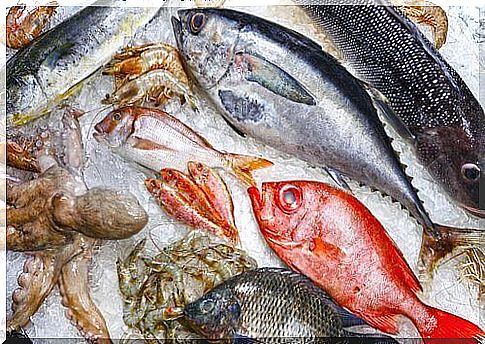
It is not recommended to eat fatty, home-caught freshwater fish. Freshwater fish that are high in fat, such as eel, can be contaminated with substances such as heavy metals, PCBs and dioxins. These substances accumulate in the fatty tissue of the fish.
Replacement
Buy this fish or opt for sea fish and non-fatty freshwater fish.
7. Cold cuts
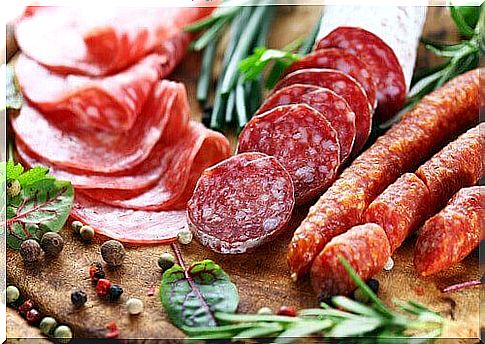
Unfortunately, even the most expensive and high-quality processed meats contain carcinogenic nitrates. Meat products contain 400% more salt and 50% more fat than raw beef per 100 grams.
Replacement
Homemade cured meats are just as good or even better.
8. Prepackaged Food With Two Or More Ingredients
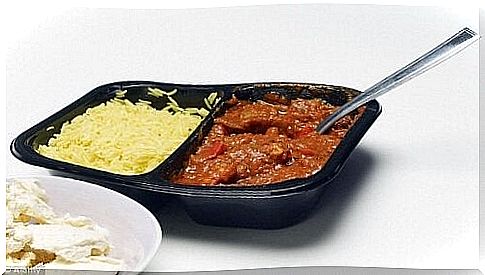
Food manufacturers use butylhydroxyanisole (BHA) and butylhydroxytoluene (BHT) to preserve these products. If you take a high amount, you may develop hormonal disorders and a high intake of BHA may lead to cancer.
Replacement
Freezing homemade food or preparing food every day.
9. Pre-cut fruits and vegetables
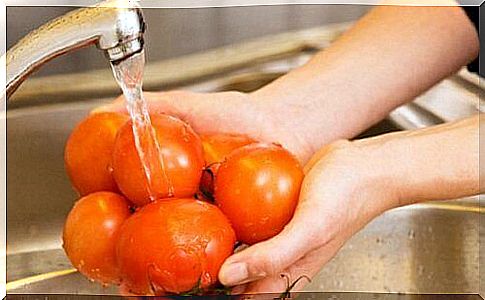
Finally, pre-washed and cut fruits and vegetables were handled several times. The more people touch your food, the more likely they are to pass on germs.
Replacement
Buy fruit at the market, wash it well and make a fruit salad at home.
